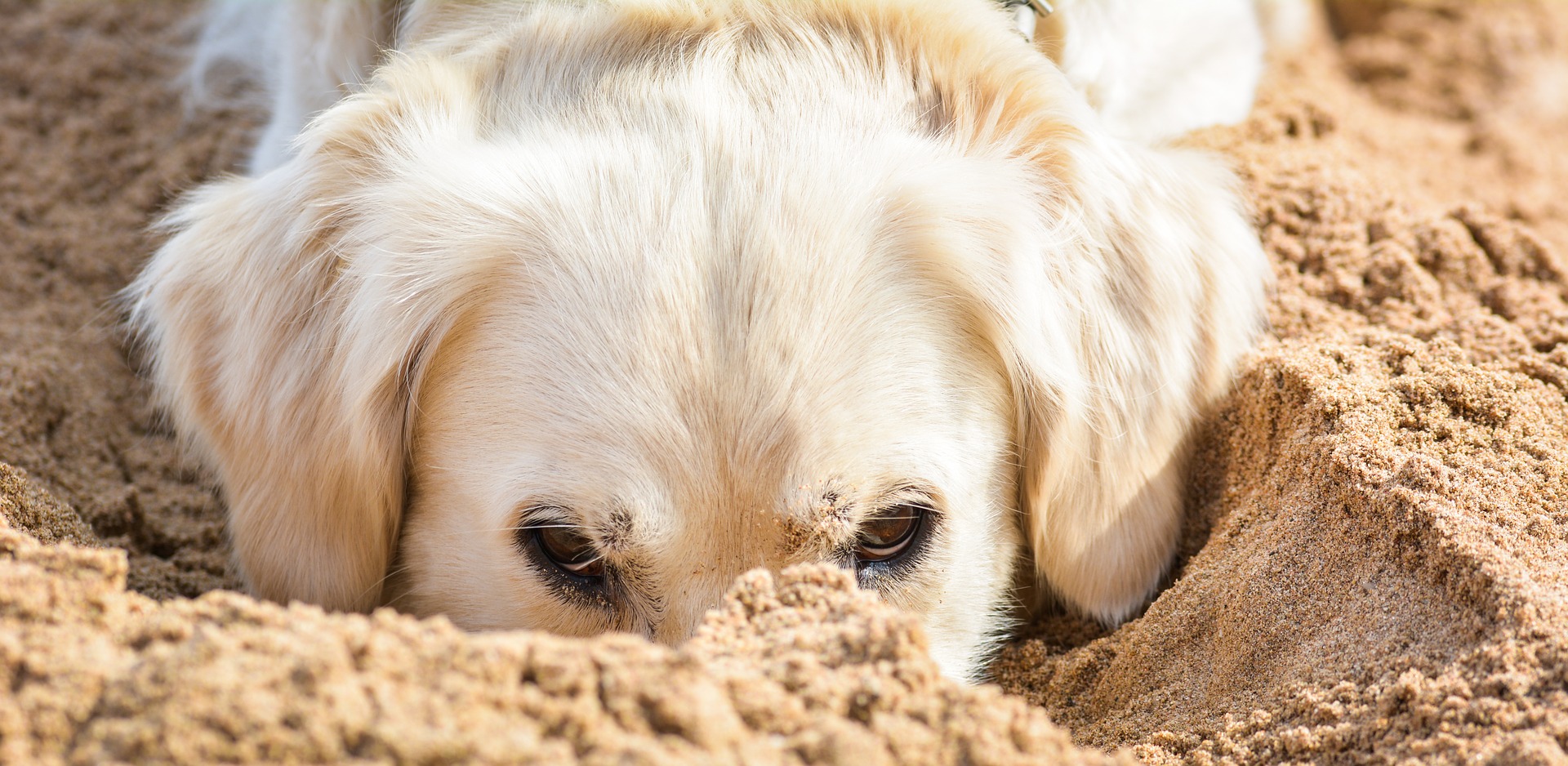It goes without saying that training a dog is easiest and best when they are a puppy. A puppy’s developmental ability is a blank slate, and it is the perfect time for them to figure out behaviors and what you expect of them.
But if you have adopted an older dog, there is a good chance that the dog may have been mistreated or not properly trained – is it too late to train your dog? The short answer is no. Training and learning, or unlearning, behaviors may take more time and effort, that is a fact. But regardless of their age, you can make significant progress with your dog, as well as improve the bond between the two of you.
Basic obedience and commands are crucial and help your dog know what is expected of them. If your older dog hasn’t mastered these skills, you will need to spend some extra time and energy teaching them. The good news is, dogs learn obedience commands pretty fairly easily, because they have a desire to please their human. These are the easiest commands for them to master, and will set the groundwork for more difficult or complex commands. Be sure that your dog understands and responds to “sit”, “stay” and “come” before moving on.
Socializing a skittish or aggressive older dog may be challenging, but is beneficial for their well being (and your sanity). Your dog may have developed fears along the way, whether they are afraid of storms, or of men or children. With time and effort, you can help ease that stress on them by relearning proper responses to these things. Just as with a puppy, exposing your dog to experiences and people, even at an older age, will help them gain a comfort level.
Keep them calm by using positive reinforcement techniques such as praise and petting. Give them their favorite treats to let them know that they are doing great. Introducing your dog to different people and other animals can help them to overcome fears and bad behavior. However, you’ll need to be very aware of your dog’s reactions and behaviors, because you not want to cause undue stress or an adverse reaction. It is worth it to help them develop comfort where they previously had fear. Positive reinforcement is extremely helpful in these situations as well.
If your dog hasn’t been properly house trained, treat the situation as if they are a puppy. Keep an eye on them to see if they are sniffing or looking around, and may need to go outside. Techniques usually reserved for younger dogs, such as crate training and keeping them on a regular schedule for going outside can help to train your dog. As with any training, positive reinforcement and treats can help encourage the good behavior you are seeking. If you get a dog that was previously kept outside the majority of the time, they may not have been house trained.
Training your dog makes both you and your dog happier. They know they are pleasing you, and you have a dog that is predictable and enjoyable. If you are struggling with deep-seated behaviors and cannot seem to make headway when you train your dog, you may wish to enlist the help of a professional dog trainer. At Gulf Coast K9 Dog Training, we are dedicated to making sure that you and your animal have a happy and fulfilling relationship. It’s never too late to teach your dog acceptable and positive behavior patterns.





